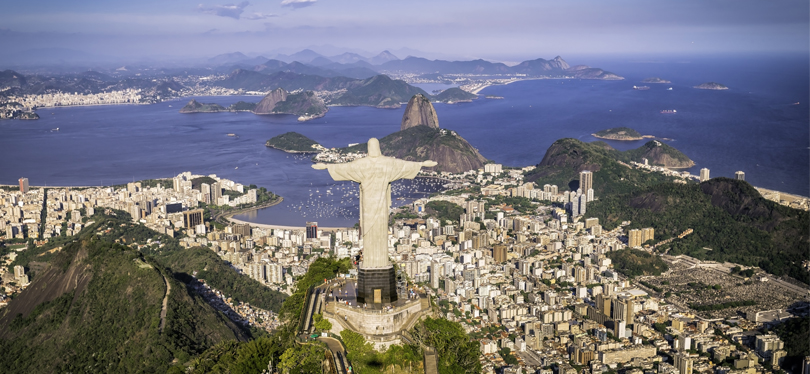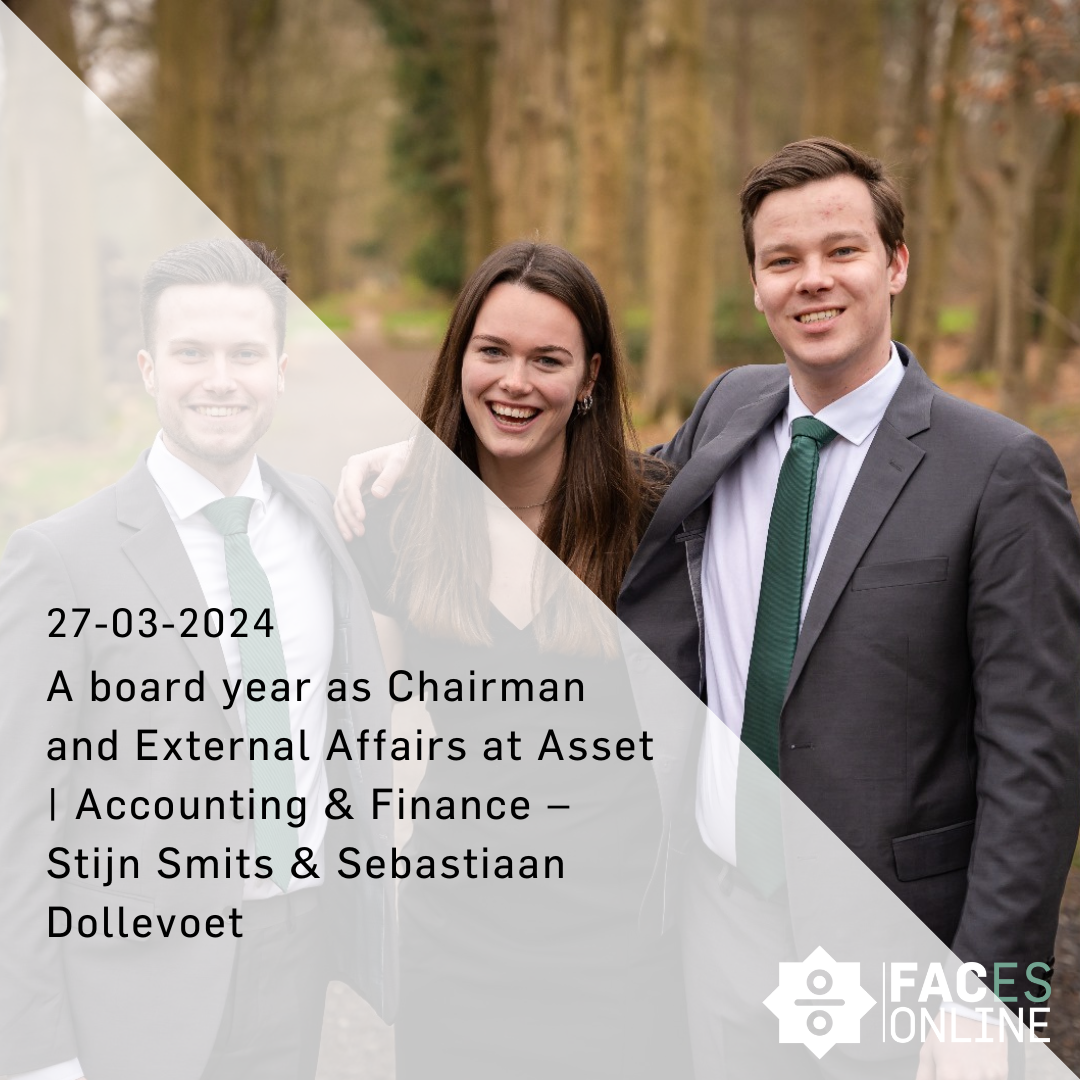Fion Veseli works as a Junior Data Analyst at Vermetten and has made an impressive mark on the Advisory team in a short time. Read below how he likes

Paul Zwetsloot, substitute ambassador and head of the economical department at the Dutch embassy in Brasília talks about Brazilian business culture, the current economical and political state of Brazil, and corruption and transparency.
During our Studytour, we will visit several accounting and finance related companies. Furthermore, we will compare Brazilian business culture to the Dutch business culture. Could you tell us how the Brazilian business culture compares to the Dutch business culture?
“In Brazil, contacts are more important than contracts. Consequently, having a sound network is essential. Furthermore, Brazil has a lot of rules and regulation, you need a license for plenty of things. Therefore, we advise Dutch entrepreneurs who want to do business in Brazil to hire a good lawyer. Brazil also has a quite complex tax system, so next to a good lawyer, it is also important to have a good tax consultant. We are not really used to these issues in Europe, which increase the costs of doing business in Brazil. These extra costs are called ‘Custo Brasil’, which is a common phenomenon here. The Custo Brasil exist in all aspects of doing business. Hence, the productivity and effectiveness are somewhat lower than in, for instance, The Netherlands.
Brazil is, after a long period of economic growth, currently in a state of recession. The GDP has shrunk for the sixth consecutive time in the second quarter of 2016. According to experts, a recovery is near. However, the Brazilian economy is still not really progressing. To what extent do you notice this economical recession in your daily work?
“We clearly notice this. From a Dutch business perspective, Brazil has become less appealing. In 2012, we could easily attract many companies for a trade mission, while recently this has become significantly harder.
”Entrepreneurs also read negative coverage about Brazil in the newspapers, and make other investment decisions.”
This is quite natural, but my message is: Brazil is a very large country, so there are many negative aspects about Brazil, and there many aspects that are positive. Ultimately, there is a negative economical growth now, however, that does not mean that the positive aspects are not interesting anymore for Dutch business. After the crisis has emerged, about a year or two ago, we have changed our direction and have started recruiting more actively in The Netherlands. By doing this, we inform Dutch businessmen about what is going on in Brazil and expand on the sectors that are still very attractive for Dutch entrepreneurs. Sectors like the logistic sector, agriculture, healthcare and also technology and innovation are still being invested in regularly, and are doing quite well.
The political situation in Brazil has been quite instable. Michel Temer is the new president following the impeachment of former president Dilma Rousseff. This change of power has not gone without protest from parts of the Brazilian citizens. To what extent do you notice the political instability in Brazil, and what are the most important economical changes Temer is going to make with regard to Rousseff?
“I would say that the worst instability is behind us now. This government is ready to make some measures that are highly needed. Reformation of the pension system and reformations in the area of labor law are very important and very radical decisions that have been pushed ahead for a long time. I think this government will probably take action. Employee protection is very high in Brazil, which makes the costs of hiring people very high, and is not very favorable for employment rates. The complex tax system is also something that needs an overhaul, but I don’t think that this government is capable of doing that in the limited time they have. An obstacle for this government is the very fragmented political landscape. There are a lot of small parties, which makes it hard for the government to run the country and push changes through the congress.”
Corruption is a widespread problem in Brazil. On the Corruption Percepion Index, Brazil is in 76th place out of 168 countries, with a score of 38 (every country that scores below 50 is assumed to have serious problems in the area of corruption in the public sector). Could you tell something about the fight against corruption, is this a main focus of the government?
“No, so far I have not seen any real measures to fight corruption. However, there is one measure that is important: it has become less easy for political parties to accept money. Political parties have to become a lot more transparent in the way they receive their funds. There have been local elections over here a few weeks ago, and this law has impacted political parties’ funds a lot. This shows that the measure is very effective, which is a good thing. Outside of this measure, I have not seen any other measures yet.
Are there certain things you advise Dutch entrepreneurs who want to focus on the Brazilian market regarding corruption and transparency?
“Of course, we do this all the time. Corruption is something you should stay away from, how hard this even may be. You will get sucked into a swamp where you cannot get out anymore. Luckily, we know a lot of companies that have stayed away from corruption and became successful. Next to corruption, we also think corporate responsibility is very important. Brazil is a very complex country with regards to, for example, the environment, deforestation, minority groups, labor law, etc. You can get your fingers burned on a lot of things like that, so the advice we give to companies is:
”prepare yourself very well, make sure you hire a good lawyer who prevents you from getting trapped in certain risks.”
Having said that: if you have everything sorted, doing business in Brazil is a very good thing!”






















